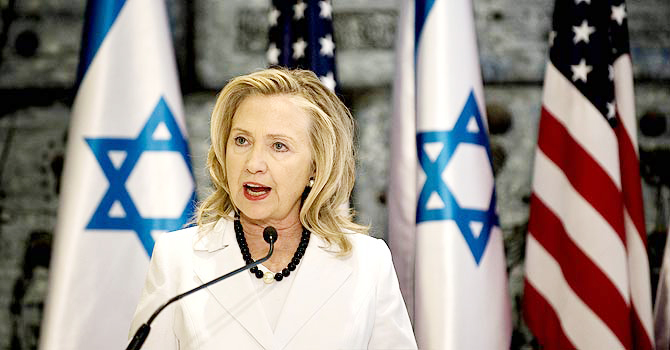Following the Russian-Ukrainian war, the world has witnessed intense polarisation, with some supporting Ukraine and others standing by Russia. However, beyond the biased narratives promoted by Western media, it is essential to examine the issue from a deeper historical and strategic perspective.
The West has long dealt with Russia in a manner characterised by provocation and escalating pressure, seemingly forgetting that this very approach led to major catastrophes in the twentieth century. After World War I, Germany was subjected to the harsh Treaty of Versailles. A similar policy was applied to Russia following the dissolution of the Soviet Union in 1991, as NATO expanded right up to its borders while its security concerns were dismissed in many international affairs, ultimately leading to the Ukrainian crisis as a breaking point.
Western pressure on Russia has not stopped at economic sanctions but has extended to repeated attempts to isolate it politically and weaken its economy. The only thing missing was for them to revoke the Russian passport or send all Russians around the world back to their country! This forced Russia to take decisive measures to defend its national security and strategic sphere of influence.

Like any major power, Russia has made some strategic miscalculations in its history that have affected its geopolitical standing. One of the most significant of these mistakes, in my opinion, was the sale of Alaska to the United States in 1867, a move that resulted in the loss of vast lands rich in oil and gas resources that could have been a tremendous source of economic strength today.
Another mistake was the decision to transfer Crimea to Ukraine in 1954 when Soviet leader Nikita Khrushchev handed over the peninsula without careful strategic calculations. This decision has led to the current complexities surrounding this vital region.
Although the West hoped to defeat Russia economically and militarily through sanctions and supporting Ukraine, this has not happened. Similarly, despite Russia’s success in controlling some Ukrainian territories, it has not been able to achieve an overwhelming victory. This war will not produce an absolute winner or loser, and any continuation of the conflict will only result in further devastation for both sides.
The time has come for peace, but not on Western terms that seek to humiliate Russia, but rather based on the current realities on the ground. Ukraine must recognise that it cannot defeat Russia militarily, and Russia must acknowledge that achieving additional gains may come at an unsustainable cost. There is no ideal solution, but negotiations are the only viable path forward, ones that ensure Ukraine remains an independent state while also recognising the geopolitical realities that Russia has imposed.
Supporting Russia does not necessarily mean endorsing all its policies or justifying all its actions. Rather, it means understanding that excessive Western pressure is a fundamental part of the problem, not the solution. Maintaining Russia as a balanced power in the international system is crucial to ensuring global stability and preventing the collapse of geopolitical equilibrium.
Supporting Russia at this moment does not mean escalating the conflict but rather advocating for a political solution based on recognising the reality rather than continuing policies of isolating and provoking a great nation both politically and culturally. These pressures will only serve to fuel further conflict. The Russian-Ukrainian war is not just a dispute between two countries; it is a new test of how great powers manage global affairs. The choice now is between a just peace and the continuation of wars and attrition, an outcome that benefits no one.
Dr. Ramy Galal is a Columnist, Senator, and academic specialising in cultural affairs, particularly in areas such as national identity, soft power, and combating hostile cultural invasion. In the Senate, he has introduced numerous proposals aimed at reforming cultural policies and fostering cultural dialogue. He has also authored several studies on topics such as the “Cultural Economy,” “Cultural Diplomacy,” and “Restructuring the Ministry of Culture.”

